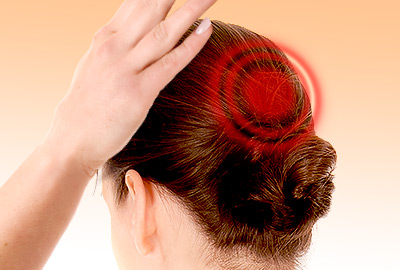
Read all about headaches in the back of the head during menopause, including effective and long-lasting management and treatment options.


Read all about headaches in the back of the head during menopause, including effective and long-lasting management and treatment options.
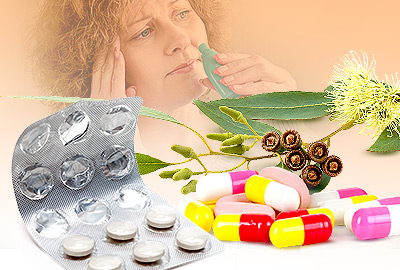
Discover our top five sinus headache remedies to get you back up and going today without throbbing pressure in your forehead, cheeks, and eyes.
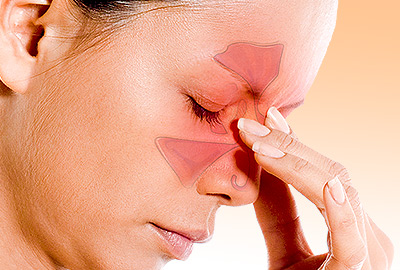
Sinus migraines are a debilitating condition of hormonal imbalance that are not well understood. Learn all you need to know about sinus migraines here.
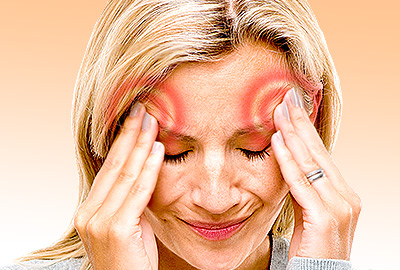
Headaches are a very common complaint among women, particularly due to the hormonal changes throughout her reproductive life. It is widely accepted that hormonal fluctuations such as during menopause, can cause headaches or migraines in many women.
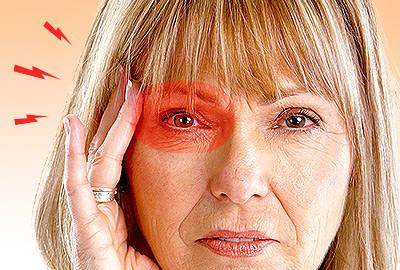
Cluster headaches are a very difficult condition that can cause a lot of pain. Sadly they can be hard to treat, and might last for several hours.Cluster headaches are extremely severe headaches that affect just one side of the head - with pain frequently reaching to around the eye.

Over twice as many women as men suffer from headaches and migraines, due to the fluctuations of female reproductive hormones.If you experience migraines on a regular basis, it is possible that an increase of magnesium in your diet could make all the difference.
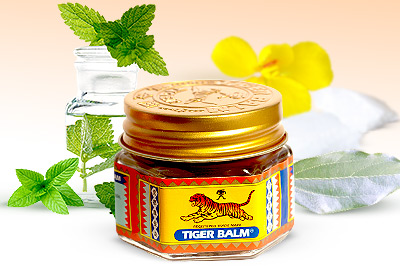
Tension headaches can affect all of us at some time or another. Find out about some of the top natural remedies for relieving them.

Migraines and headaches are known to affect over twice as many women as men, and so it can be helpful to be aware of the most effective medications.

Drinking plenty of water, eating healthy, and trying herbal remedies are beneficial ways of managing menopausal headaches.

Getting outside for a brisk walk and trying herbal remedies are beneficial ways of avoiding daily headaches.

Taking medication, going outside for some fresh air, and trying herbal remedies are helpful treatments for relieving migraine symptoms.

Menopausal headaches are directly linked to hormone fluctuations, which is why it is important to maintain hormone balance.

Migraines can be brought on by stress, dehydration, or lack of exercise. Discover here helpful tips for easing a migraine.

Headaches are complex, and for many women, a variety of factors can contribute to them. Learn more about the most common triggers here.

It is important to avoid skipping meals, poor posture, and excessive stress in order to prevent headaches and tiredness.

Types of headaches are tension headaches and migraines. Headaches are caused by hormone fluctuations, but certain foods can also trigger them.

This article features the best natural methods for treating prolonged headaches.Keep reading to know beneficial ways of getting headache relief.

Hypertension and headaches are common conditions in middle-aged women.

These two conditions have similar causes that can be effectively addressed.

Breathing techniques can help relieve stress and headaches.

The "feel-good" neurotransmitters released during orgasm can help reduce headaches.

Drinking plenty of water, limiting sun exposure, and taking time to relax are beneficial ways of handling menopausal headaches.
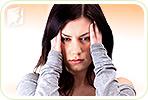
It is important to try different treatment options - like drinking plenty of water, exercising, and taking medication - to see which works best for you.

Daily headaches among middle-aged women are mainly caused by hormone fluctuations and can range from mild to severe. Click here for more information.

It is important to avoid skipping meals, processed foods, and excessive stress in order to prevent headaches. Keep reading to learn more.

Headaches affect approximately 45 million American adults every day. Keep reading to learn more.

Stress and headaches are bothersome, but should not be a cause for concern. It is important to manage stress for overall health and preventing headaches.

There are several causes of migraines in menopausal women. Hormone fluctuations are the most common cause, but several things can also trigger migraines.

If you don't know what is causing your headaches and want to figure out how to stop to the constant pain then read our article to find out more.

Headaches are one of the most common complaints among American adults. Herbal teas offer a natural alternative to drugs for headaches.

Headaches and nausea commonly affect women going through menopause, and are primarily caused by hormone fluctuations.
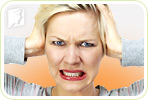
There are several things that can trigger migraines during menopause. Keep reading to know more.

Chronic daily headaches are defined as recurrent headaches that occur at least 15 days per month. Things like drinking water, exercising regularly, and a h

Hormone fluctuations are the main cause of menopausal headaches. Keep reading to discover natural ways to prevent headaches during menopause

Headaches have different causes and can range from mild to severe with pain in different areas. Click here to read about how to treat headaches.

Even the most minor headache is an uncomfortable distraction but, at their most severe, headaches are debilitatingly painful. Learn more.

Menopausal headaches are a frustrating and sometimes even debilitating symptom in women.

Menopausal headaches are a common complaint among women, but there are several ways to help manage headaches at work."

Menopausal headaches are primarily caused by hormone fluctuations and can range from mild to severe. Click here to learn some ways to relieve them.

There are several bad habits that can trigger severe headaches during menopause.

Menopausal headaches affect up to 30% of women transitioning into menopause. This article discusses the common causes, symptoms, and treatment options of m
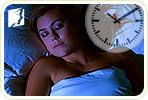
Menopause is a time when women can experience painful and chronic headaches. Here is a list of lifestyle changes to combat and prevent them.
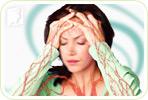
Menopausal women tend to experience more headaches and dizziness, due to their decreasing estrogen levels. Click here for help combating these headaches.

Getting adequate sleep, drinking water, eating healthy, and exercising regularly are a few simple and healthy ways to stop headaches and tiredness.

Learn why women are more susceptible to headaches during menopause and find tips on dealing with, reducing, and preventing them.

Discover why regular headaches often occur during menopause and find tips for easy, natural ways to deal with them.
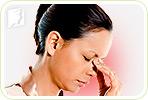
Read on to learn why constant headaches are common during perimenopause and how they can be treated.

Headaches are sometimes caused by heat stress; keep reading to learn why they often follow a run.
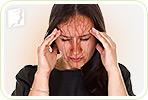
Approaching menopause makes a woman more susceptible to headaches. Read on to find out why this happens and what kind of headaches you may experience in th

Migraines and headaches are common during menopause, but what's the difference between symptoms? Read on to find out.
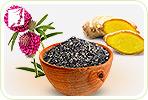
Discover herbal remedies to relieve the pain of headaches and help get rid of recurring headaches over time.
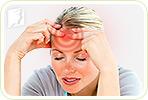
Discover how menopausal hormonal imbalances cause headaches and raise blood pressure, and learn how to regulate these symptoms.

Menopausal headaches affect about two-thirds of women. Read on to learn more about these unexpected causes of menopausal headaches.

Menopausal headaches affect up to 70% of women. Leave the myths behind and get the facts on headaches and migraines during menopause.

Keep reading to discover the many causes of severe headaches, including dietary triggers, environmental influences, hormonal causes, and more.
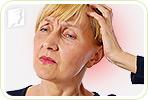
Discover the facts about high blood pressure and how it causes headaches, and discover ways of managing both symptoms.

Headaches may occur when you've not had enough sleep; read on to understand more about headaches caused by tiredness and learn ways of getting a good night
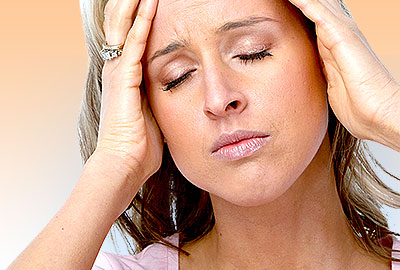
Read all about headaches during perimenopause and what you can do to manage and prevent them from making day-to-day life difficult.

There is a strong link between hormones and headaches. Click the following link to learn more.
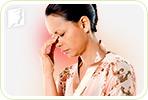
Headaches and dizziness can be little known symptom of menopause. Keep reading to know more about them.
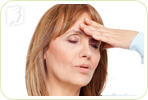
Menstrual headaches are one of the more common and bothersome symptoms women suffer during menopause.Learn more about treatment here.

Having a normal lifestyle can be nearly impossible when you're suffering from intense migraine headaches. Click here to learn more.

Headaches and migraines are often caused by changes in estrogen levels related to the menstrual cycle and menopause.

Menopausal headaches, like other symptoms of menopause, have a tendency of striking at the most inappropriate moments. Click here to learn more
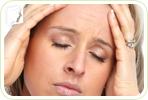
A common symptom of menopause is increased severity and frequency of headaches and often debilitating migraines. Learn more here.
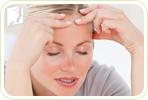
Headaches are irritating in the best of times, but when they occur during menopause, managing them can be quite difficult.

Headaches and migraines are debilitating and painful. Keep reading to learn about 5 foods that commonly trigger them.

Find out five common headache triggers during menopause in addition to what actions you can take to finally rid yourself of the throbbing discomfort.